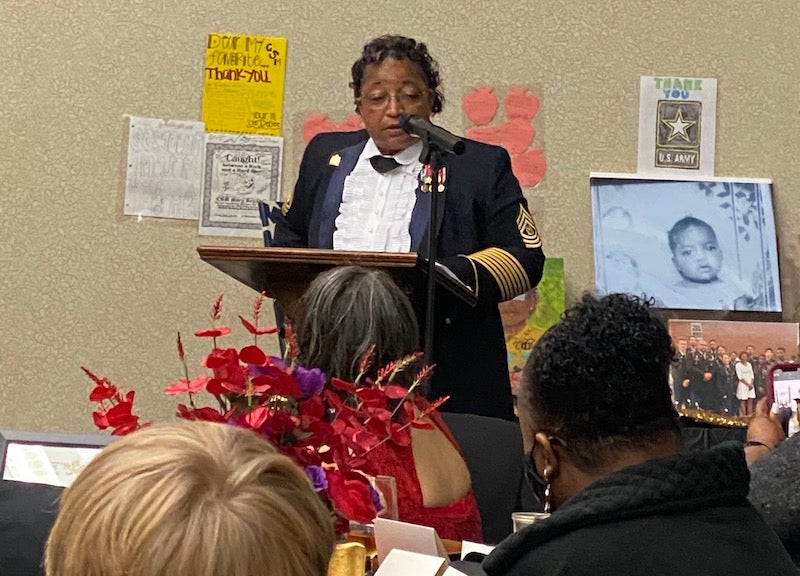No-nonsense guide to effective leadership skills, Part 7
Published 4:28 pm Tuesday, January 9, 2018
By JOHNNY CARCIOPPOLO / Community Columnist
Communication is key in any business. It starts at the top and filters down through each team member. Expecting your team members to be mind readers and to know what you want from them without actually telling them is a sign of poor communication.
To excel as an effective leader, you need to master the following skills:
- Being specific, clear and concise. You need to give specific times or instructions. Instead of saying “as soon as possible,” give the team member a specific time you want something finished. Take time to organize your thoughts and deliverables into clear and concise instructions.
- Practice good digital etiquette. Before hitting the send button, read over your message a few times to make sure it’s professional with no spelling errors and that it’s clear and specific. Schedule a follow-up meeting or message to make sure your message was received as intended.
- Be aware of your body language. This includes your facial expressions, posture, how close you are standing to someone and your eye movement. Are your arms crossed? Or are your hands fisted even though you’re smiling? Are you leaning in towards the other person?
- Be aware of the message you are giving with your body language. Body language includes facial expressions, posture, eye movement and your position in relation to the person with whom you are speaking.
- Don’t overreact. It’s uncomfortable being put on the spot, so take your time to consider your responses before opening your mouth. If you need to, say “Let me think about that and I will get back to you.”
- Listening is a crucial part of communication. Hearing is not the same as listening. We might hear what the other person is saying but not really listen. Listening means focusing all your attention on the person speaking. By becoming a better listener, you will improve your productivity, as well as your ability to influence, negotiate and persuade others. You’ll also avoid conflict and misunderstandings.
Building good communication skills is essential for effective leadership and for any project to succeed. The next time you need to communicate with team members, or anyone for that matter, remember to be clear, concise, to actively listen and to be aware of your body language.








